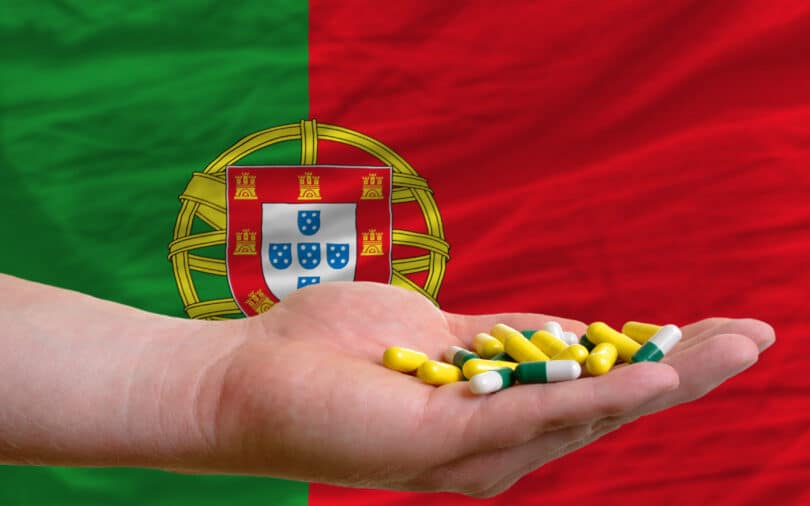Portugal’s unique strategy in addressing its opioid crisis through decriminalization and a focus on healthcare and social services has led to significantly lower overdose deaths compared to the U.S. This approach contrasts sharply with the U.S. drug war model, emphasizing arrests and incarceration.
In Lisbon, Portugal, individuals addicted to street drugs express disbelief at the overdose death rates in the U.S., highlighting a stark contrast between the two countries’ drug policies. Portugal, with a population comparable to New Jersey, sees a fraction of the overdose deaths, averaging around 80 per year compared to New Jersey’s nearly 3,000. This difference is attributed to Portugal’s shift in the late 1990s from a punitive drug war model to a health-centered approach, integrating drug treatment, job training, and housing into its national healthcare system.
Portugal’s strategy involves decriminalizing personal drug use and redefining the role of police, who now refer drug users to counseling rather than arresting them. This approach has reduced stigma, avoided criminal records for drug users, and fostered a more supportive environment for recovery. The results are notable: an 80% reduction in drug deaths over 20 years and a significant decrease in HIV/AIDS and hepatitis cases.
Despite these successes, the U.S. faces challenges in adopting similar policies, including funding issues, legal barriers, and a complex addiction treatment system. Recent efforts in states like California and Oregon to decriminalize drugs and shift towards health care have faced implementation difficulties and a backlash amid rising overdose deaths and visible drug use.
Why It Matters: Portugal’s success in drastically reducing drug-related deaths and health issues through decriminalization and a health-focused approach offers valuable lessons for the U.S., where the opioid crisis continues to escalate. This model demonstrates the potential benefits of treating drug addiction as a health issue rather than a criminal one.
Potential Implications: Adopting elements of Portugal’s approach could lead to significant improvements in the U.S. opioid crisis, saving lives and reducing the burden on the criminal justice system. However, the political, healthcare, and societal differences between the two countries present challenges to implementing such a model in the U.S.
Source: NPR.org









